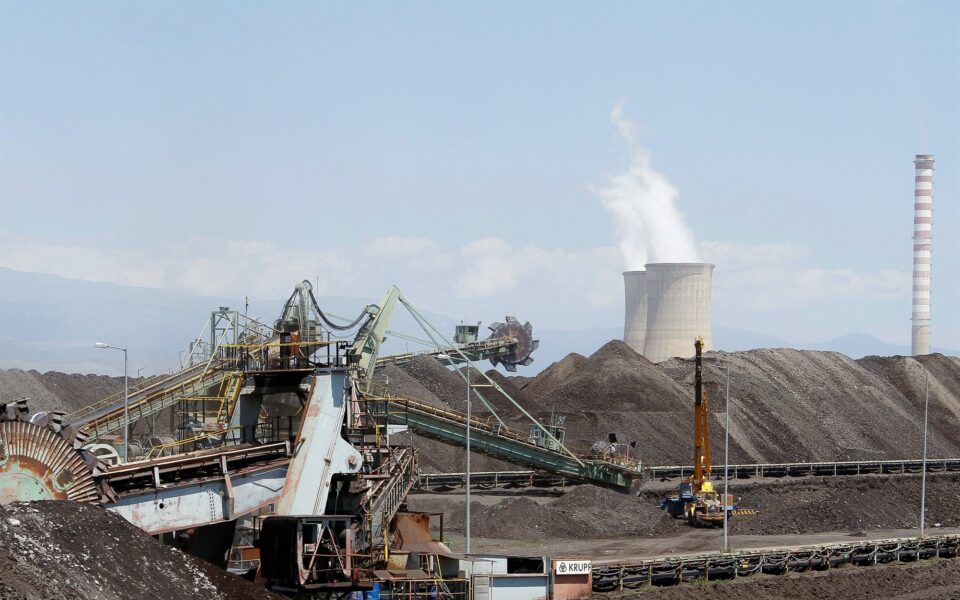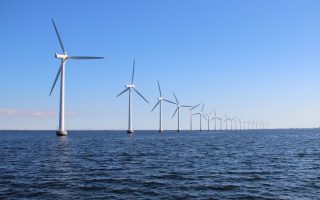Energy Plan B is no cakewalk

Changing the energy mix is essential, but is also going to be expensive and difficult as lignite regains a leading role.
Even if Moscow does not completely cut off flows to Europe on July 21, as feared, it will use natural gas as a key weapon against Ukraine’s western allies, keeping prices up. Lignite, therefore, is being rallied to fill the gap in energy security, but also to contain energy costs for consumers.
Greece’s Public Power Corporation (PPC) is urgently drawing up an investment plan of 150 million euros to double lignite production from 5 to 10 terawatt-hours within a 12-month horizon. For this purpose, every available mine will be put into operation, with PPC undertaking the re-activation of Vevi, which has been inoperative since 2001, and the Achladas mine, which was returned to the state by ministerial decision.
How this will be accomplished in real terms is the big question being asked by sources with knowledge of the situation prevailing in the lignite center of western Macedonia and executives of contracting companies who are being called on to support the project, after three years of abrupt disorganization for both PPC and the cooperating companies. It is a common belief that preparations of at least six months will be required for the opening of new fields and for equipment to start actually mining coal.
Doubling the participation of lignite in the electricity generation mix is one of the measures of the preventive action plan presented to the prime minister last week and expected to be put to public consultation on Monday by Regulatory Authority for Energy (RAE). The plan also includes the operation of five natural gas units technically capable of burning diesel as well, the operation of the new floating storage unit in Revithousa and the installation of extra quantities at Snam’s warehouses in Italy.
Greek authorities are also considering a second, unofficial plan that will ensure energy sufficiency without violating European legislation, by utilizing Greece’s options Greece as a transit country: Some 8 billion cubic meters of Azeri natural gas are transported to Italy per year through Greece and TAP, and another 1 billion c.m. to Bulgaria via IGB.





